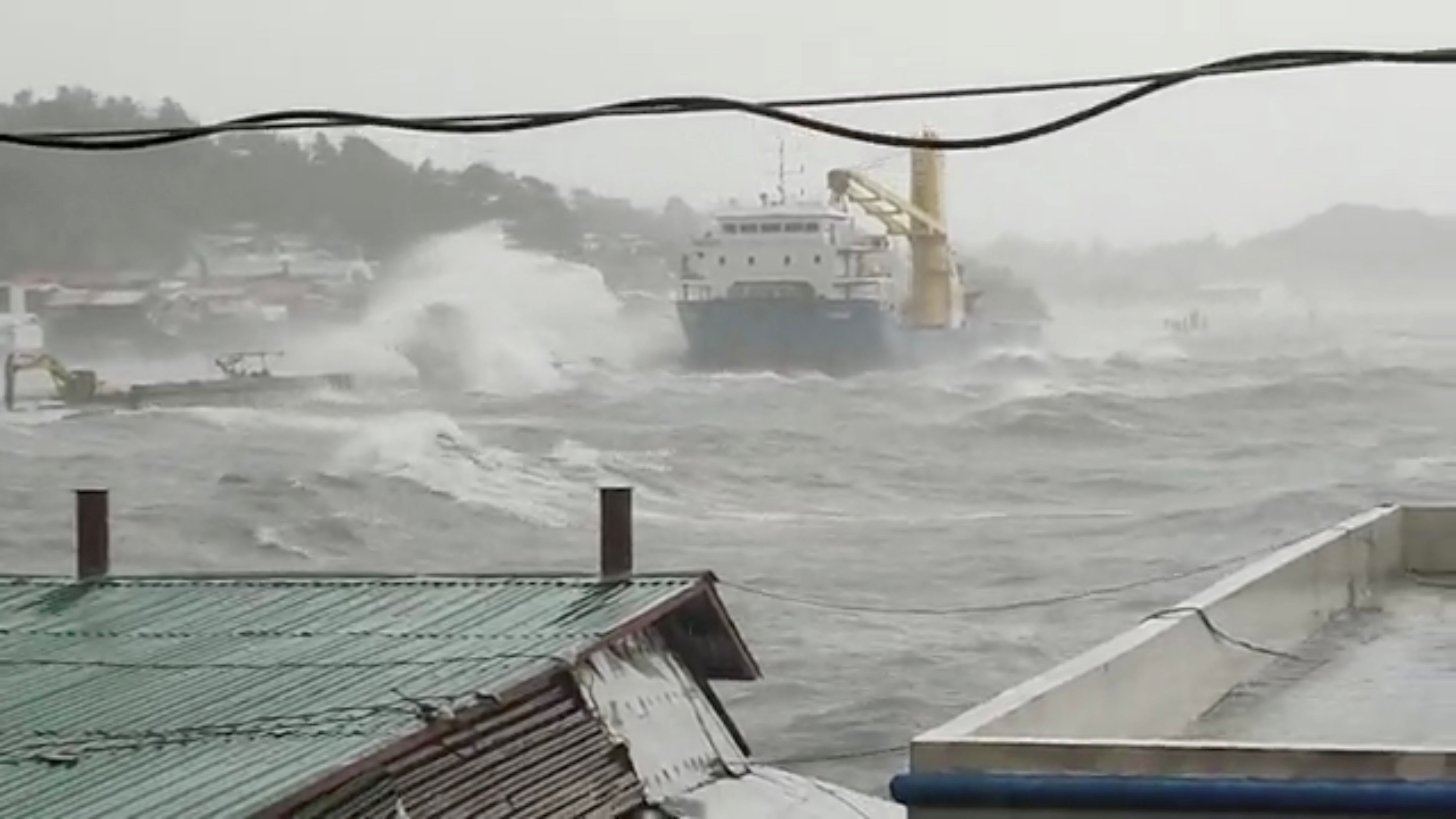Climate crisis will collapse our financial system, IMF official warns
The changing climate could ‘absolutely’ ignite a financial crisis, the official said

Climate change could “absolutely” ignite a financial crisis, according to a top official from the International Monetary Fund.
"The climate crisis is slow in the making, but it’s potentially disastrous," Tobias Adrian, director of the IMF’s monetary and capital markets department, told CNN recently, adding, "There are many countries where you see the climate catastrophe is catastrophic for the financial system.”
He pointed to recent examples of extreme typhoons in the Bahamas and the Philippines causing immense economic ruin. In the US, meanwhile, historic snow storms in Texas caused billions of dollars of damage and killed numerous people.
Officials within the US and top executives in the financial sector are beginning to take this message to heart.
In a recent report, the US Commodity Futures Trading Commission wrote that "climate change poses a major risk to the stability of the US financial system and to its ability to sustain the American economy”.
The Securities and Exchange Commission, meanwhile, has said it will introduce new rules mandating corporate climate disclosures, and the US Federal Reserve has joined a global network of central banks committed to the “greening” of the financial sector.
In recent days, others have taken this approach more in reverse: using the tools of the financial sector to impact the climate conversation. Last month, an activist hedge fund unseated at least two board members of Exxon Mobil Corporation, a major fossil fuel company, as part of a campaign to get the firm to do more to combat the climate crisis.
Others, like the major investment firm Blackstone, have made plans to cut the cumulative carbon emissions of their new investments by 15 per cent upon purchasing them.
Still, the despite the so-called “triple bottom line” gaining traction on Wall Street, a method of accounting that factors in both a company’s business and social/ecological performance, the rise in corporate climate pledges and bankers factoring in emissions are unlikely to change the state of affairs on their own.
Climate change is a phenomenon with many causes and still more effects, meaning the whole of society will likely have to change to forestall its worst consequences.
Join our commenting forum
Join thought-provoking conversations, follow other Independent readers and see their replies
Comments


Bookmark popover
Removed from bookmarks